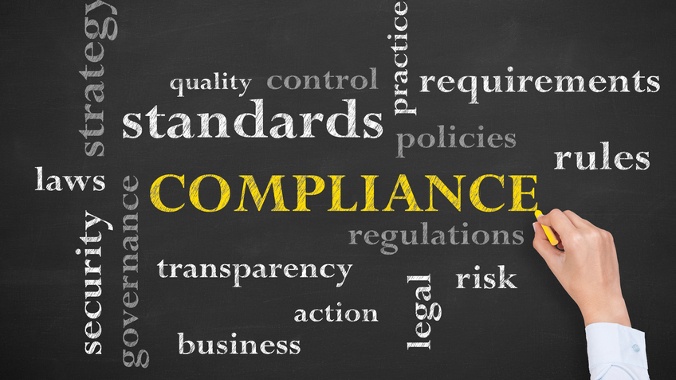Contractors offered contracts in many government departments will find they are asked if they have security clearance, or will be required to obtain it, before they can start work. Many aren’t sure where to start. The good news, is that for most contractors, obtaining security clearance is a straightforward process.
By their nature and in the interests of national security, many government contracts require a contractor with security clearance, typically because the contractor will have routine access to sensitive material.
Basic security clearance starts with simple identity checks that typically take only a fortnight to process, so most contractors can be working on-site with little or no delay.
Public sector clients that require security clearance
It is not just the obvious public sector bodies, like the Ministry of Defence and security services, that require contractors to undergo the checks. Those routinely requiring contractors with security clearance include:
- Central Government
- Ministry of Defence
- Home Office
- Foreign & Commonwealth Office
- Ministry of Justice
- Office of National Statistics.
Security clearance levels
Entry level of security clearance is known as the ‘BPSS’, or Baseline Personnel Security Standard. Although this is not technically a security clearance, it is in effect a Police National Computer (PNC) check to make sure the contractor candidate has no unspent convictions.
The first actual security clearance is the Counter-Terrorist Check, which, is most commonly required by the police, legal agencies and government agencies hiring contractors.
Next up is the ‘SC’, which stands for Security Clearance and is the most commonly used. It is transferable between government departments, valid for five years for contractors, and ten years for permanent employees.
Some roles require even more stringent checks and after the SC comes the DV, or Developed Vetting. This is much more specialised and job related: A contractor would go to a specific contract role within a specific organisation and the developed vetting would be tailored specifically for that contract.
Clearance waiting times
Because the level of checking increases substantially the higher the contractor moves up the security levels, so the time taken to achieve clearance increases, from a typical 14 day wait for BPSS to up to six months for Developed Vetting.
Contractors can apply online for their BPSS clearance and are sent the certificate direct. CTC and SC can take up to four to six weeks and involves in-depth background checks conducted by the Defence Vetting Agency, the main government agency that carries out National Security Vetting (NSC).
DV is incredibly in-depth and requires personal interviews, as contractors with this level of clearance will have substantial unsupervised access to top-secret material.
Do contractors need security clearance before applying for contracts?
Cabinet Office guidance confirms that security clearance is not required by a contractor before they apply for a contract. Nor should it be a condition of a contract unless the duration of the contract is likely to be less than the time taken for the clearance to come through, unless there is an urgent operational requirement.
But, the demand for increased levels of security clearance for contractors is likely to rise. With the current security climate we are seeing increased demands from government clients for higher levels of clearance from greater numbers of contractors, so it can only be a good thing if a contractor already has clearance when they are seeking public sector contracts.

